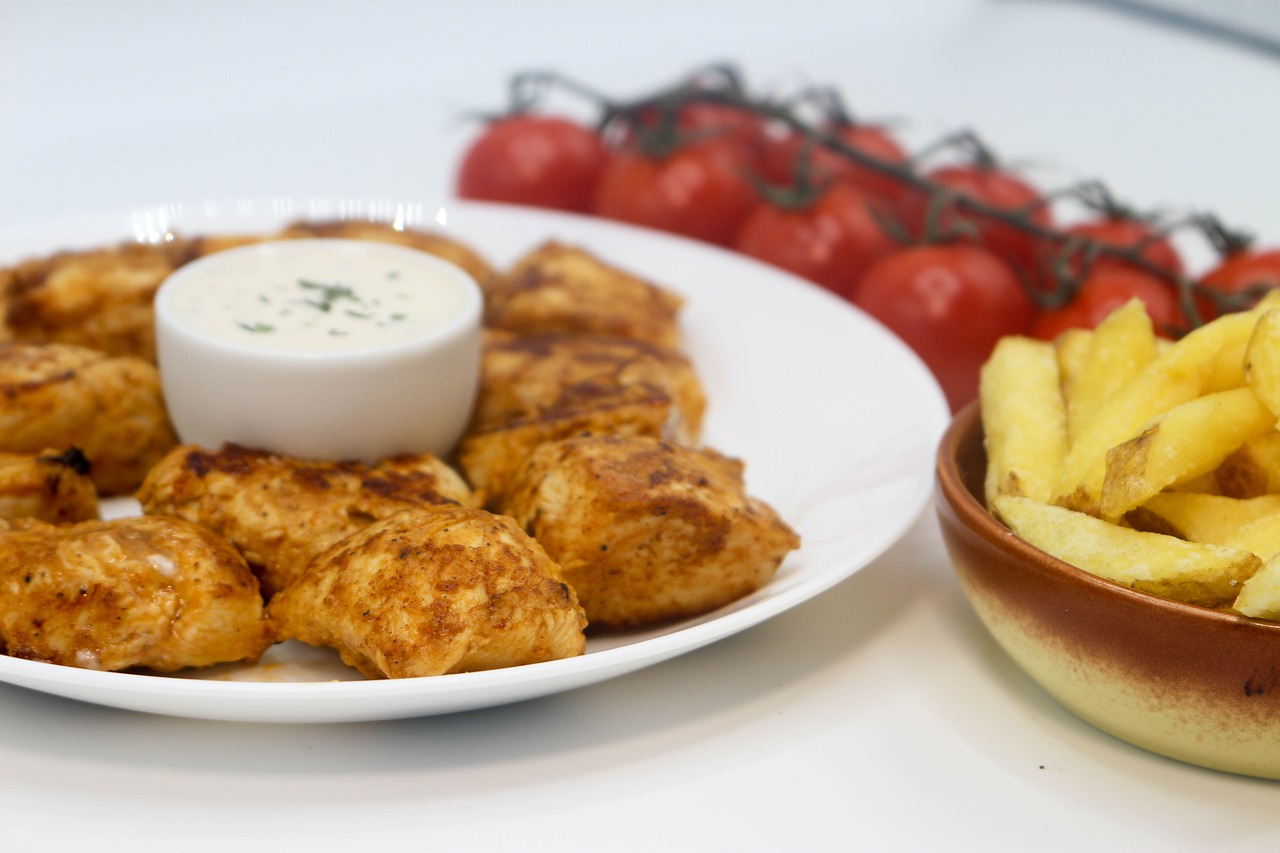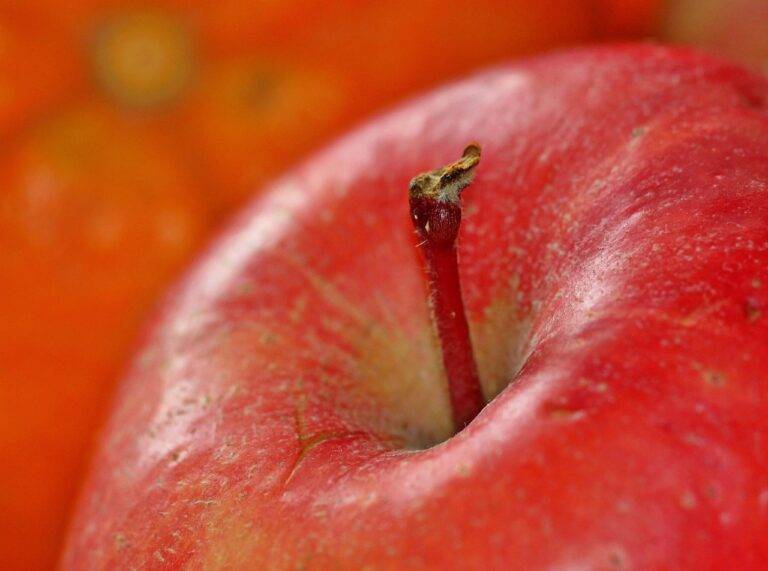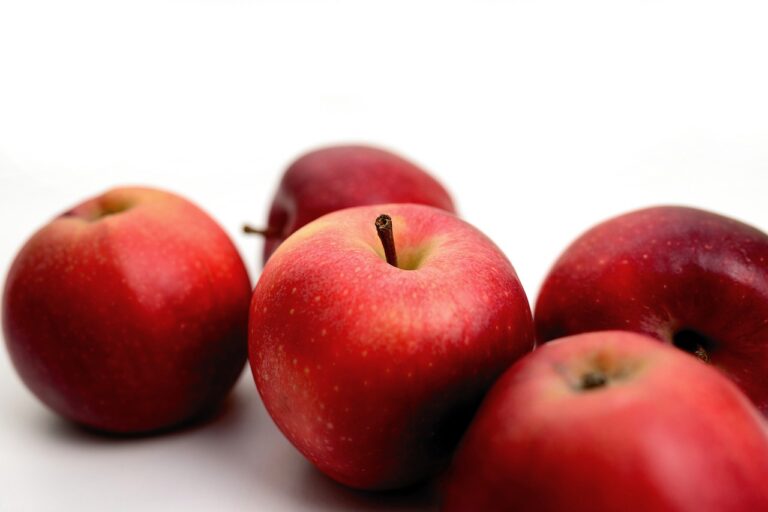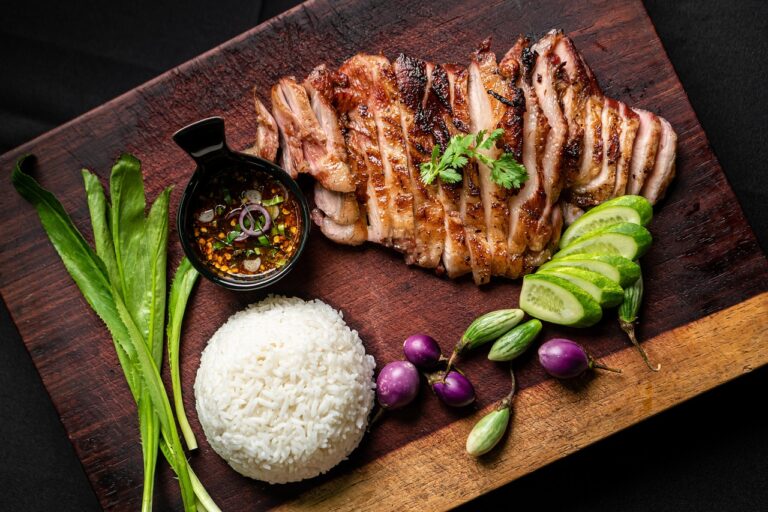Analyzing the Role of Nut and Seed Processing in Cultural Heritage Preservation: 11xplay online id login, India24bet login, Skyinplay
11xplay online id login, india24bet login, skyinplay: Nut and seed processing has played a vital role in cultural heritage preservation for centuries. From ancient civilizations to modern societies, the techniques and traditions surrounding the preparation of nuts and seeds have been passed down through generations, shaping culinary practices, traditions, and even religious beliefs.
In this article, we will delve into the significance of nut and seed processing in cultural heritage preservation, exploring the various methods used, their impact on society, and the importance of safeguarding these traditions for future generations.
The Role of Nut and Seed Processing in Cultural Heritage Preservation
Nuts and seeds have always been a staple in diets around the world. From almonds to walnuts, sesame seeds to flaxseeds, these nutritious foods have been valued not only for their taste but also for their health benefits.
In many cultures, the art of nut and seed processing goes beyond mere sustenance. It is a sacred ritual, a symbol of prosperity, and a way to connect with nature. For example, in some Middle Eastern cultures, the cracking of pistachio nuts is a cherished tradition that signifies good luck and abundance.
Moreover, the methods used to process nuts and seeds often reflect the values and beliefs of a particular culture. For instance, the meticulous hand-picking of sesame seeds in Japan is not just a culinary practice but also a reflection of the Japanese emphasis on precision and craftsmanship.
By preserving these age-old traditions, we are not just safeguarding our culinary heritage but also celebrating the diversity and richness of our cultural tapestry.
Methods of Nut and Seed Processing
Nut and seed processing techniques vary widely across different cultures and regions. Some of the most common methods include roasting, grinding, soaking, fermenting, and sprouting. Each of these techniques serves a specific purpose, from enhancing flavor and texture to increasing digestibility and nutritional value.
Roasting, for example, is a popular method used to bring out the natural oils and flavors of nuts and seeds. In many cultures, roasted nuts are a favorite snack enjoyed during festive occasions and family gatherings.
Grinding, on the other hand, is often used to create nut and seed pastes and butters, which are essential ingredients in dishes like tahini, hummus, and almond butter. The process of grinding not only breaks down the nuts and seeds into a smooth paste but also releases their essential oils, intensifying their flavor.
Soaking and fermenting are traditional methods used to improve the digestibility of nuts and seeds by reducing anti-nutrients and increasing nutrient absorption. In some cultures, soaked nuts and seeds are a common ingredient in desserts and savory dishes, prized for their creamy texture and rich flavor.
Sprouting is another technique that has gained popularity in recent years for its health benefits. Sprouted nuts and seeds are believed to be more nutritious and easier to digest, making them a favorite among health-conscious consumers.
The Impact of Nut and Seed Processing on Society
The art of nut and seed processing has a far-reaching impact on society, influencing not just culinary practices but also social customs, economic activities, and even environmental sustainability.
In many communities, the harvesting and processing of nuts and seeds are integral to the local economy. Small-scale farmers and producers rely on these traditional practices to earn a livelihood and sustain their way of life. By preserving these techniques, we are not just safeguarding our cultural heritage but also supporting rural economies and promoting sustainable agriculture.
Furthermore, nuts and seeds play a crucial role in promoting food security and nutrition. Rich in essential nutrients like protein, fiber, and healthy fats, nuts and seeds are a valuable source of sustenance for millions of people around the world. By preserving these traditions, we are ensuring that future generations have access to these nutritious foods and the knowledge of how to process them for optimal health benefits.
The Importance of Safeguarding Cultural Heritage
In a rapidly changing world, where globalization and modernization are eroding traditional practices and customs, it is more important than ever to safeguard our cultural heritage. Nut and seed processing is a living testament to the ingenuity and creativity of our ancestors, passed down through generations as a link to our past and a guide for our future.
By preserving these age-old traditions, we are not just honoring our heritage but also fostering a sense of identity and belonging within our communities. The rituals and techniques surrounding nut and seed processing are a part of who we are, shaping our collective memory and connecting us to our roots.
As we strive to preserve our cultural heritage, it is essential to document and promote these traditions, ensuring that they are not lost to time. By supporting small-scale producers, investing in research and education, and promoting sustainable farming practices, we can create a future where the art of nut and seed processing thrives and continues to enrich our lives.
In conclusion, nut and seed processing is more than just a culinary practice it is a cultural treasure that must be cherished and protected. By understanding the significance of these traditions and their impact on society, we can ensure that they continue to be passed down for generations to come.
FAQs
Q: What are some common nuts and seeds used in cultural heritage preservation?
A: Some common nuts and seeds include almonds, walnuts, sesame seeds, flaxseeds, pistachios, and pumpkin seeds.
Q: How can I support small-scale producers of nuts and seeds?
A: You can support small-scale producers by buying locally sourced nuts and seeds, attending farmers’ markets, and advocating for fair trade practices.
Q: Are there any health benefits to nut and seed processing?
A: Yes, nut and seed processing can increase the digestibility and nutrient absorption of these foods, making them a valuable source of essential nutrients like protein, fiber, and healthy fats.







